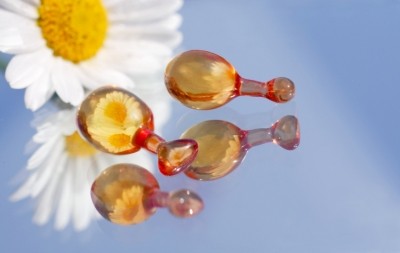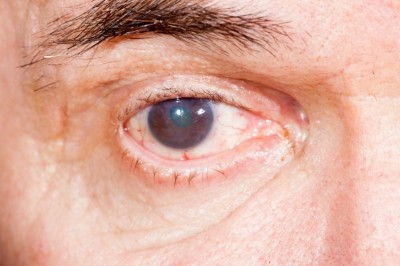Vitamin E and selenium's cataract prevention abilities questioned by cohort

Researchers from the Harvard Medical School looked at the effects of selenium and vitamin E on 11,267 men that had been simultaneously taking part in a huge prostate cancer prevention cohort study.
"These randomized trial data from a large cohort of apparently healthy men indicate that long-term daily supplemental use of vitamin E has no material impact on cataract incidence," the researchers wrote.
"The data also exclude any large beneficial effect on cataract for long-term supplemental use of selenium, with or without vitamin E, although a smaller but potentially important beneficial effect could not be ruled out."
Supplementing sight
The men – aged 50 years and older if they were black and 55 years and older otherwise – were asked to report on cataract diagnosis and removal. They took either a placebo, selenium (200 micrograms from L-selenomethionine), vitamin E (400 international units of all rac-α-tocopheryl acetate) or a combination of the two each day.
During an average of 5.6 years of the varying treatments, 389 cases of cataracts were recorded - 185 in the selenium group and 204 in the groups that didn't take selenium. There were 197 cases of cataracts in the vitamin E only group and 192 in the placebo group. A similar breakdown was seen for the rate of removal of cataracts.
The researchers defined a cataract as age-related lens opacity that lead to a reduction in best-corrected visual sharpness to 20/30 or worse based on self reports, which were then medically confirmed.
A long research story
These results seem to swim against findings in February that suggested long-term supplementation of multivitamins – including vitamin E - could reduce the risk of developing a cataract in men by around 9%.
Equally, research published back in 2005 in Archives of Ophthalmology suggested that vitamin supplementation, in particular vitamin E, for a period of five years lowered women's chances of developing the visual condition.
Source: JAMA Ophthalmol
Published online ahead of print, doi:10.1001/jamaophthalmol.2014.3478
“Age-Related Cataract in Men in the Selenium and Vitamin E Cancer Prevention Trial Eye Endpoints Study”
Authors: W. G. Christen, R. J. Glynn, J. M. Gaziano, A. K. Darke, J. J. Crowley, P. J. Goodman, S. M. Lippman, T. E. Lad, J. D. Bearden, G. E. Goodman, L. M. Minasian, I. M. Thompson Jr, C. D. Blanke, E. A. Klein
















